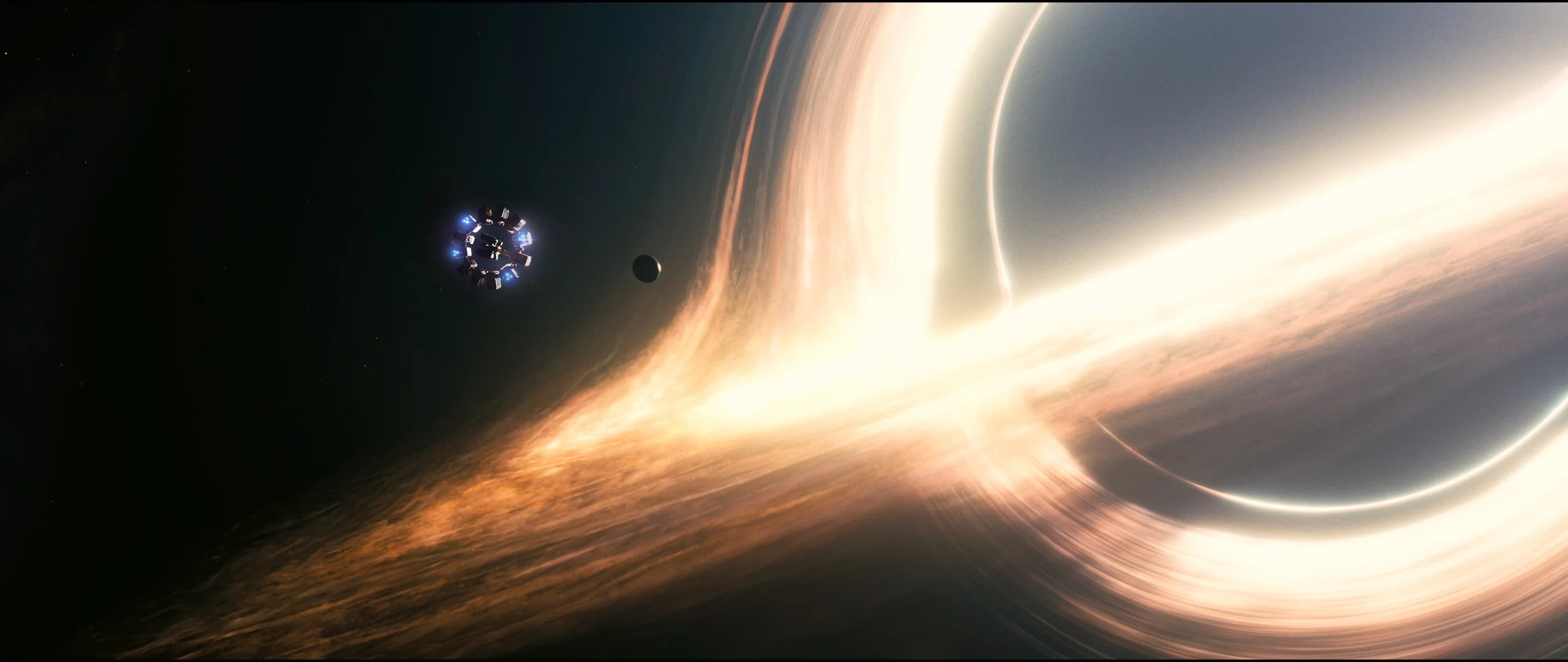
2025 Oscar nominations were packed with unexpected picks, as Emilia Perez earned an impressive 13 nominations, followed by The Brutalist and Wicked, both garnering 10 nods. However, the snubbing of Dune: Part 2 in the nominations was disheartening, particularly when compared to films like Emilia Perez, which set a new record for most nominations ever for a non-English film, surpassing previous milestones set by movies such as Crouching Tiger, Hidden Dragon and Parasite. While the recognition for Emilia Perez marks an important step for international films, it once again underscores the bias against science fiction films in the awards circuit, despite their significant critical praise and influence on cinema.
The second part of Dune, despite earning over $700 million at the box office and receiving high ratings on IMDb (8.5) and Rotten Tomatoes (92%), only received five Oscar nominations, with director Denis Villeneuve missing out on a Best Director nod. This seems unfair, especially when compared to less popular films. It’s not unusual for sci-fi films to be overlooked by the Academy, as this genre has often been underappreciated in terms of awards, despite producing some groundbreaking and influential films such as 2001: A Space Odyssey and Arrival. Here are some notable instances of sci-fi Oscar snubs.
2001: A Space Odyssey

2001: A Space Odyssey, directed by Stanley Kubrick, is one of the most influential sci-fi films ever made, often hailed as a cinematic masterpiece. Despite its enduring impact on cinema, it was only nominated for four Oscars: Best Director, Best Screenplay, Best Art Direction, and Best Visual Effects. Interestingly, it won in the category of Best Visual Effects but missed out on the prestigious Best Picture nomination. Known for its meticulous scientific detail, the film delved into various themes such as human evolution, technology, artificial intelligence, and extraterrestrial life.
Instead of basing the movie on a unique musical composition, Kubrick opted to incorporate classical tunes with minimal dialogue, making the impact through the blend of music and stunning visuals. It’s worth mentioning that this film relied solely on practical effects without any computer-generated imagery. When it was initially released, the unconventional nature of the movie made it difficult for audiences to appreciate, but the Academy’s underestimation or neglect of the film suggests that awards don’t always reflect true greatness. And indeed, 2001 has demonstrated this by becoming one of the most impactful films in history.
Interstellar

A significant oversight that’s hard to accept is the snubbing of Christopher Nolan’s masterpiece, Interstellar. Despite being acclaimed as one of the best science fiction films of the 21st century, it received five nominations but was overlooked in the Best Picture and Best Director categories. Yet again, a critically and popularly adored sci-fi film has been disregarded by the Academy. With earnings exceeding $700 million at the box office, it’s often compared to Kubrick’s 2001. Its scientific accuracy, particularly in its portrayal of black holes and wormholes, was highly commended. The breathtaking planetary scenes, especially the depiction of the black hole “Gargantua,” were also lauded.
In simple terms, the storyline of Interstellar was intensely emotional and visually stunning, effectively combining science fiction elements with heartfelt emotions. The film managed to evoke strong feelings in its audience while maintaining a firm grasp on complex concepts like time travel, special relativity, and time dilation. What set it apart was its portrayal of a love that surpassed the boundaries of time and space, all set to Hans Zimmer’s iconic music score. Despite receiving five Oscar nominations, it only won in the Best Visual Effects category.
Arrival

The movie “Arrival,” directed by Denis Villeneuve, was unfairly overlooked by the Academy despite earning eight nominations, including Best Picture. Surprisingly, Villeneuve himself was not recognized in the Best Director category. This is significant because a film’s direction and the vision of its director are crucial to its success. Villeneuve chose an unconventional narrative structure for “Arrival,” using it to present the audience with an alien perspective on time and memory, keeping us guessing and questioning our own perceptions throughout the movie.
The film “Arrival” succeeded in offering an unusual perspective within the sci-fi genre, resonating not just with science fiction enthusiasts but also with a broader audience. Instead of the typical alien threat narrative, we witnessed humans striving to communicate and empathize with extraterrestrial beings. The movie beautifully depicted collaboration and understanding in the face of a language barrier. It’s worth mentioning that Amy Adams’ portrayal of Dr. Banks offered a powerful depiction of grief and loss. Her emotional journey ultimately allowed for contact with the aliens. Regrettably, despite this innovative approach, Denis Villeneuve’s work was overlooked by the Academy.
The Matrix

Without a doubt, one of the most renowned science fiction movie series is the Matrix trilogy, created by the Wachowskis. This film not only redefined the boundaries of the sci-fi genre but also pushed the limits of action cinema, introducing groundbreaking ideas and narrative techniques. The movie grossed over $400 million on a budget of just $63 million. Despite its impressive technical achievements, earning awards for Best Visual Effects, Best Film Editing, Best Sound, and Best Sound Editing at the Oscars, it failed to secure nominations for Best Picture and Best Director due to its unique blend of themes in the science fiction genre not being fully recognized or appreciated.
The movie significantly transformed both the sci-fi genre and the art of filmmaking itself by introducing “bullet time,” a groundbreaking visual effect that freezes action while the camera continues to move at normal speed. This technique, now widely used in contemporary cinema, was just one of many innovative aspects that set this film apart. Its unique blend of philosophical and spiritual themes expanded the sci-fi genre, making room for greater diversity. The movie left a lasting impact on culture, with iconic scenes and memorable dialogues becoming staples in popular discourse. Regrettably, despite its widespread acclaim and commercial success, the Academy overlooked the film’s achievements, failing to nominate it for Best Picture and Best Director.
Read More
- Gold Rate Forecast
- PI PREDICTION. PI cryptocurrency
- Rick and Morty Season 8: Release Date SHOCK!
- Discover the New Psion Subclasses in D&D’s Latest Unearthed Arcana!
- Masters Toronto 2025: Everything You Need to Know
- We Loved Both of These Classic Sci-Fi Films (But They’re Pretty Much the Same Movie)
- Mission: Impossible 8 Reveals Shocking Truth But Leaves Fans with Unanswered Questions!
- SteelSeries reveals new Arctis Nova 3 Wireless headset series for Xbox, PlayStation, Nintendo Switch, and PC
- Eddie Murphy Reveals the Role That Defines His Hollywood Career
- LPT PREDICTION. LPT cryptocurrency
2025-02-01 22:10